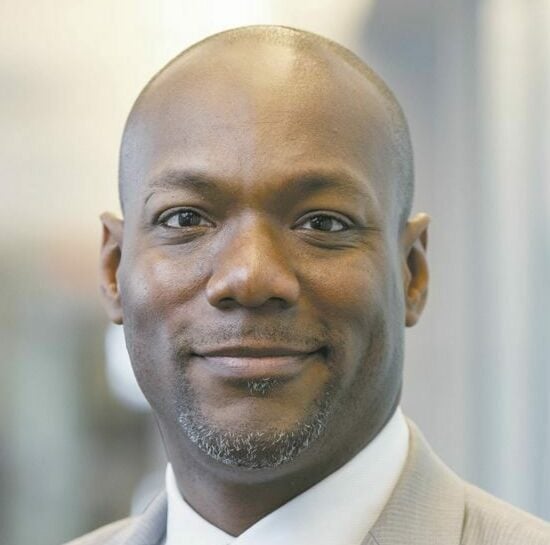NFL drafts are always suspense-filled.
Family members, fans, and pundits wait with bated breath to learn where players land. Yet, as last weekend’s draft unfolded, a shocking story-within-a-story came into view.
Shedeur Sanders, scion of pro football and baseball icon Deion Sanders, was widely projected to be selected in the first round of the draft. Thus, it was somewhat surprising that Sanders, who plays quarterback, was passed over in the opening round. However, it was absolutely stunning that he was not selected until the fifth round (by the Cleveland Browns).
The one-syllable question that nearly everyone outside the impossible-to-access rooms in which tense draft decisions are made is … why?
Why would a player of Sanders’ talent and pedigree fall so precipitously in the calculus of his 32 potential employers? Depending on who one asks, the answer tends to be either very simple or highly nuanced.
Most African Americans concluded that the NFL’s majority owners — none of whom is Black — were uncomfortable with the fact that Shedeur Sanders is a brash, braggadocious, overly-confident young Black man. Not coincidentally, Sanders’ father, the loquacious legend who is now known as “Coach Prime,” set the standard for this persona roughly 40 years ago. This led to the theory that NFL owners were also concerned that the elder Sanders might become a “distraction” as they worked with Shedeur.
For those who embrace this scenario, race is front and center. They argue that Sanders is far from the first cocky player to enter the draft. (Think Johnny Manziel.) Likewise, Sanders is not the first highly touted player to be aggressively managed by a famous father who happens to be a former NFL player. (Think Eli Manning.)
Then there is the notion that Sanders might have refused to go to certain teams, which is what Eli Manning and John Elway did. Both of those players got their way — and were still drafted #1 (in 2004 and 1983, respectively). Many African Americans believe that is because both Manning and Elway are white.
Here’s the thing. There are legitimate reasons to assume that race played more than just a coincidental role in why Sanders didn’t go in the first round. The history of racism in sports parallels the history of racism in every other facet of American life. Black players initially weren’t even allowed to join pro teams. Once they were, it was extremely rare for Black quarterbacks to play that position.
Still, there are other reasons to consider regarding why Sanders didn’t go in the first round. For example, he was often considered to be “just” a top-40 or so player before the draft. Given that there are only 32 teams, it wouldn’t have been unreasonable for Sanders to have been taken in Round 1. This is where nuance comes in.
Sanders made some mistakes ahead of the draft. Some can be verified; others are part of the rumor mill. The latter includes reports that Sanders seemed to be disinterested in certain teams and did not try to conceal that fact. Even if that isn’t true, he perhaps could have enhanced his selection had he participated in certain draft-related events, such as the Shrine Bowl. Similarly, had he chosen to go through drills at last month’s NFL Scouting Combine, his stock likely would have risen.
Further, Sanders did not hire an agent, opting instead to rely on his father’s “insider” status.
Why might that have been a problem? Agents can offer objective and even difficult advice to their clients, despite acting as zealous advocates for them.
Still, even considering all these factors, there are no legitimate talent-related or off-the-field reasons for Sanders to have slipped all the way to the 144th overall pick. (And even Cleveland passed on Sanders six times before taking him.) When I consider very talented players who were drafted highly despite having serious behavioral issues (e.g., Ryan Leaf), it’s hard to understand why an athlete would be penalized so heavily simply for seeming to be disinterested in playing for certain teams. This is why race figures so prominently in this saga.
Of course, the NFL could insulate itself against such charges if its leadership (i.e., owners, general managers, and head coaches) was more racially diverse. Yet, given the current attack on DEI efforts, it would not be at all surprising if the NFL’s prophylactic “Rooney Rule” were jettisoned. Even in pro sports, it’s as though African Americans should be content only to serve as skilled labor rather than in management or ownership.
On a bright note, Shedeur’s brother (and University of Colorado teammate), Shilo, became an undrafted free agent with the Tampa Bay Buccaneers. Thus, Deion Sanders has two sons who officially became part of the NFL fraternity. That is certainly something to celebrate, both as a football fan and as a fan of great fathers.
Their job now is simply to prove the doubters wrong.





